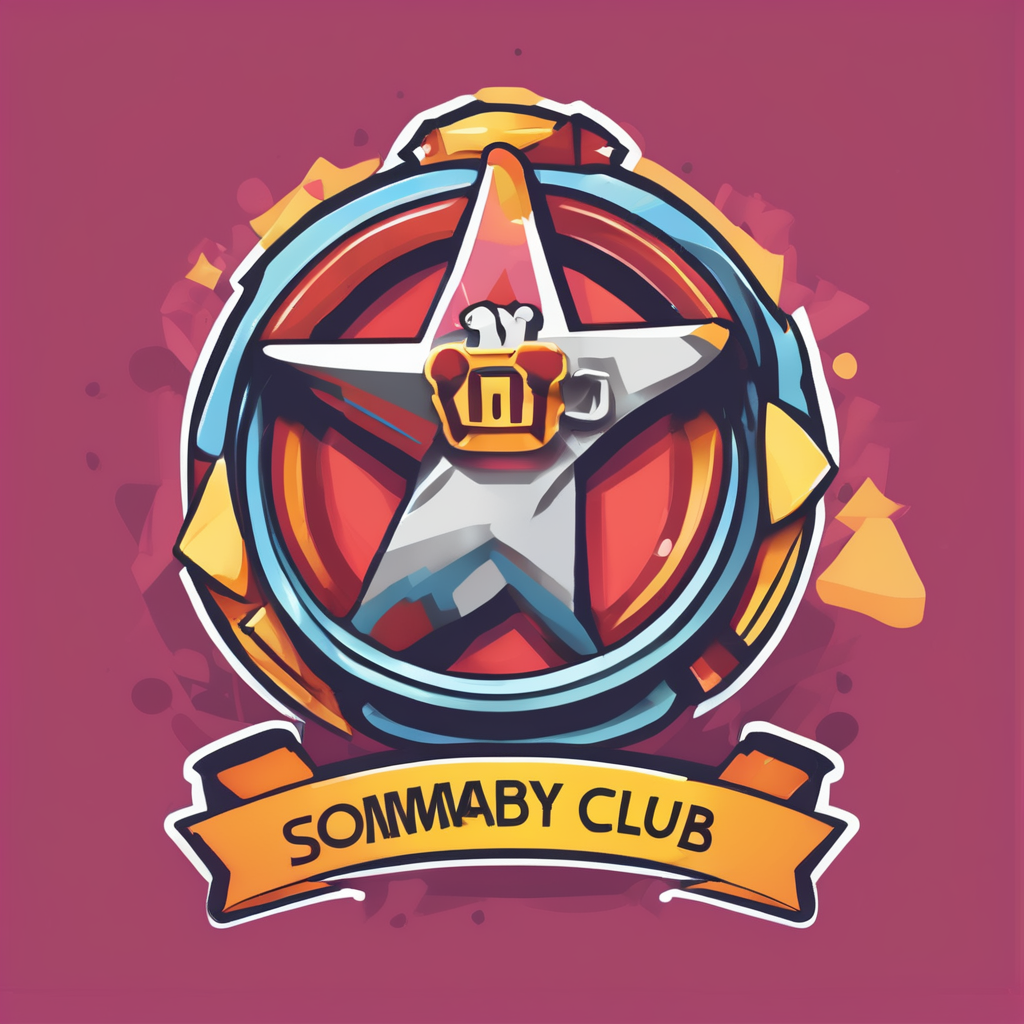Defining Alternative Sports in the UK
Alternative sports refer to physical activities that fall outside the scope of traditional, mainstream sports such as football, cricket, or rugby. These sports often emphasize creativity, individual expression, and non-competitive participation, appealing to diverse interests and lifestyles. Types of alternative sports vary widely but commonly include skateboarding, parkour, ultimate frisbee, BMX cycling, and roller derby.
In the UK, popular alternative sports have gained momentum particularly among youth and urban communities. Skateboarding thrives in cities like London and Bristol, supported by dedicated skate parks and festivals. Parkour groups organize meetups that emphasize movement and agility, blending urban exploration with physical fitness. Roller derby leagues exemplify the inclusive and community-driven spirit characterizing many alternative sports.
This might interest you : How do other sports influence the UK’s international sporting reputation?
What distinguishes alternative sports from mainstream ones is their flexible, often grassroots nature. Unlike traditional sports bound by formal leagues and strict rules, alternative sports encourage participant-driven formats. This fosters inclusive environments where skill levels and competition intensity vary, allowing newcomers and experienced athletes alike to engage without pressure.
By celebrating creativity and accessibility, alternative sports in the UK complement the country’s rich sporting culture, offering fresh avenues for physical activity and social connection.
Additional reading : How Can the Evolution of Technology Transform Athlete Training in Lesser-Known UK Sports?
The Growth and Appeal of Alternative Sports for Diverse Groups
Alternative sports participation in the UK has surged, attracting a broader demographic than many traditional sports. This growth reflects appeal factors rooted in flexibility, creativity, and community spirit. Unlike conventional sports, alternative sports often present lower barriers to entry, making them accessible for diverse age groups, genders, and ethnic backgrounds.
What drives demographic diversity in alternative sports? First, these sports emphasize self-expression and adaptability, allowing participants to tailor involvement to their comfort level and style. For example, skateboarding and parkour communities often embrace newcomers regardless of skill, fostering positive environments where experimentation is encouraged. This contrasts with mainstream sports that may emphasize competition and rigid structures from the outset.
Participation trends show urban youth as a primary demographic, but there is growing interest from women, LGBTQ+ individuals, and those seeking non-competitive physical activity. This inclusiveness is largely due to grassroots organisation and social media communities that highlight inviting atmospheres.
Entry points also differ significantly. Alternative sports typically lack formal try-outs or memberships, instead depending on informal meetups and public spaces, which democratizes access. This mode of engagement nurtures diverse participation and supports sustained interest beyond initial involvement.
Organisations and Initiatives Championing Inclusivity
UK-based organisations promoting sports inclusivity play a vital role in expanding access to alternative sports. Groups such as community skate clubs, parkour collectives, and LGBTQ+ friendly roller derby leagues actively foster welcoming spaces. Their work underscores how support networks empower participants from marginalized backgrounds to engage confidently and stay involved long-term.
Government and local authorities have also launched UK sport initiatives aimed at breaking down traditional barriers in physical activity. These include funding grants for urban skate parks and programs supporting women and ethnic minorities in non-mainstream sports. Such initiatives provide essential infrastructure and create visibility, ensuring diverse groups feel represented and encouraged.
These organisations and initiatives often collaborate, linking grassroots movements with formal funding and expertise. They provide resources like coaching clinics, safe meeting points, and inclusive events tailored to varied needs. This networked approach effectively promotes diversity and inclusion within alternative sports communities, offering participants more than just physical activity—a sense of belonging and empowerment.
By combining grassroots passion with institutional support, these champions of inclusivity ensure that alternative sports in the UK remain accessible and affirming for all, helping bridge gaps left by mainstream sports institutions.
Removing Barriers and Expanding Opportunities
Addressing accessibility in sports is crucial to widening participation in alternative sports across the UK. Common barriers include financial costs, limited facility access, and cultural perception challenges. For example, equipment like BMX bikes or protective gear can be expensive, deterring many potential participants. Additionally, some communities may lack nearby venues, complicating consistent practice or social engagement.
To break these barriers, targeted strategies and inclusive sports programs have been developed. Urban skate parks often offer free or low-cost sessions sponsored by councils or charities. Community groups organize loan schemes for adaptive equipment, making participation possible for people with disabilities or financial constraints. These programs emphasize welcoming atmospheres, ensuring newcomers feel comfortable regardless of age, gender, or background.
Inclusive coaching plays a pivotal role, too. Coaches trained in diversity awareness and adaptive techniques create supportive environments that respect participants’ varied needs. This helps maintain motivation and long-term commitment. Moreover, collaborations between schools, local authorities, and grassroots organisations provide structured opportunities that blend skill-building with social inclusion.
By combining equipment accessibility, welcoming programs, and sensitive coaching, these efforts effectively lower entry barriers, fostering a more equitable and diverse alternative sports landscape in the UK.
The Future of Inclusivity in Alternative Sports
As diversity trends in UK alternative sports continue to evolve, the future promises greater inclusivity and innovation. Experts highlight emerging shifts such as increasing participation from underrepresented groups, particularly women and ethnic minorities, driven by growing visibility and role models within these communities. This trend reflects broader societal changes emphasizing equality and representation in all areas of life.
Sports policy plays a crucial role in shaping this future. Strategic frameworks prioritize funding and support for inclusive programs, ensuring sustained growth in diverse participation. Policies increasingly mandate accessible facilities and outreach efforts, addressing long-standing inequalities that have limited access to alternative sports. Education initiatives complement policy by promoting awareness and inclusive values from grassroots levels upward.
In addition, technology is anticipated to enhance inclusivity. Digital platforms facilitate community building and skill-sharing, lowering barriers for newcomers. Adaptive equipment advancements will further empower participants with disabilities, expanding the demographic reach of alternative sports.
Recommendations from organisations emphasize ongoing collaboration between policymakers, community groups, and athletes to maintain momentum. By fostering environments rich in diversity and inclusion, the UK can ensure alternative sports remain vibrant spaces for expression, connection, and physical health for all.
Real-Life Stories: Successes in Fostering Diversity
Real-life case studies illustrate how alternative sports in the UK effectively foster diversity and inclusion. One notable example involves a community roller derby league that actively recruits members from LGBTQ+ backgrounds, creating a safe space that celebrates identity alongside athleticism. This results in increased participation and long-term retention of athletes who had previously felt excluded from mainstream sports.
Personal experiences highlight the transformative power of alternative sports. For instance, a young woman from an ethnic minority background credits her involvement in a local parkour group with building confidence and breaking social barriers. Such stories emphasize how accessible, supportive environments enable individuals from varied backgrounds to thrive physically and socially.
Success stories often share common features: grassroots support, inclusive coaching, and visible role models. These contribute to measurable impacts such as higher engagement rates among underrepresented groups and strengthened community bonds. Additionally, inclusive sports achievements show that fostering diversity is not just ethical but also beneficial to the sport’s vitality and reach.
By examining these examples, it becomes clear that inclusive approaches in UK alternative sports generate positive outcomes, inspiring more people to participate and enriching the overall sporting landscape.


